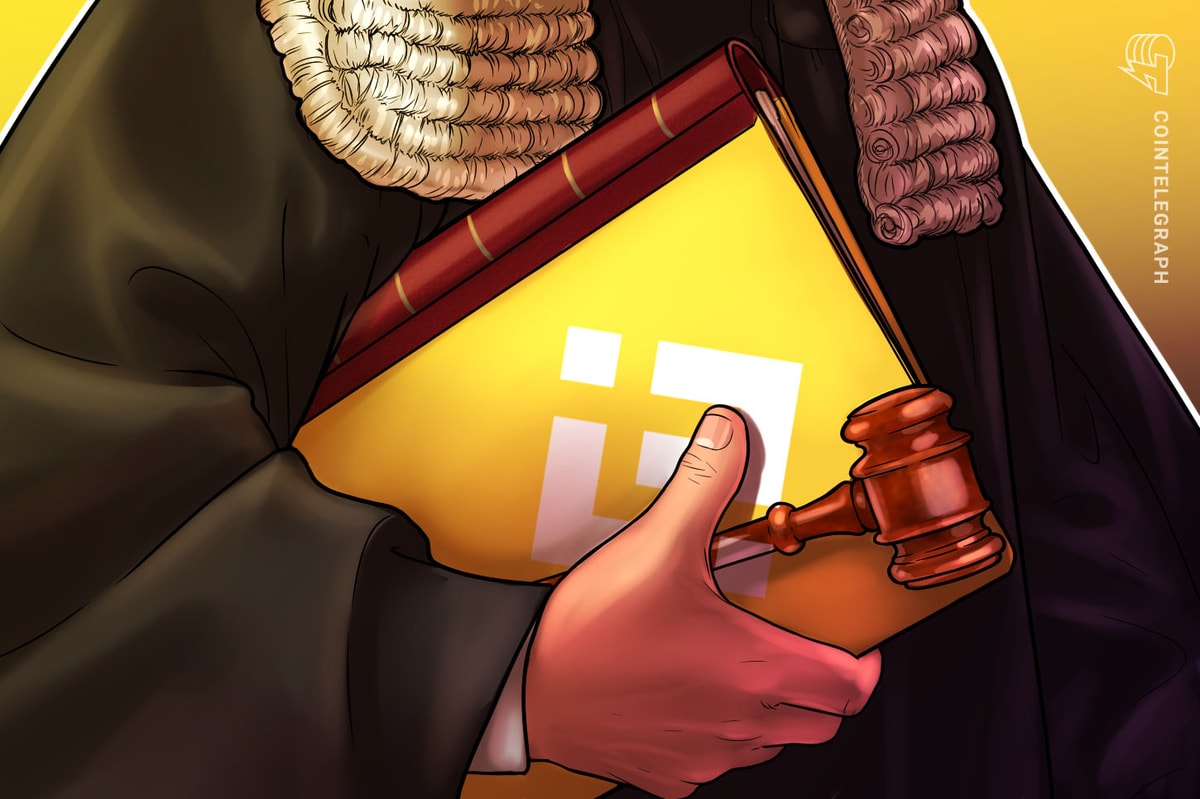A blockchain focused on decentralization has added 105 independent validators to its mainnet, with hundreds more to follow next month.
More than 440 validators are set to be involved with Free TON by the end of the year, making it one of the largest and most scalable proof-of-stake networks that the industry has to offer.
Free TON’s goal is to achieve “true decentralization.” At present, the blockchain’s multi-threaded architecture delivers an average block time of just 0.2 seconds, far faster than what’s currently offered by rivals.
With 440 validators and a 0.2-second block time on the horizon, Free TON’s members shared figures that show how it compares with competitors:
- Polkadot: 239 validators, six-second block time
- Cosmos: 262 validators, seven-second block time
- Solana: 383 validators, 0.4-second block time
- Near: 152 validators, one-second block time
Validator stakes are being added to formally verified decentralized pool (DePool) smart contracts, where they will be locked for two years before going back to the governance pool. According to Free TON Community members, no one has the keys to these contracts — making it impossible to steal or manipulate the balances of staked funds.
TON Labs told Cointelegraph that these DePools are going to be run by independent validators from around the world — adding its community-driven network will be a refreshing addition to a proof-of-stake market dominated by centralized staking services.
A validator added that they are excited about the network’s plans to bring scalability to the decentralized finance market. Future plans include integration with secure messaging, social media, the Internet of Things, and new on-chain business models.
Diving into DePools
One of Free TON’s main goals is to reduce the barriers to entry associated with getting involved in proof-of-stake networks. In order to become a validator on Ethereum 2.0, interested parties are required to stake 32 ETH — a princely sum that’s worth more than $19,100 at the time of writing. Few of us have funds like this lying around, and many crypto enthusiasts have smaller amounts that they would be willing to lock up.
Validators can customize various DePool parameters, but after deployment, these smart contracts are unchangeable.
A key difference that’s separating Free TON from other proof-of-stake networks lies in how users can withdraw their funds at any time. And, even when funds are being staked in a DePool, users will still be able to use their tokens to vote for governance decisions. This is a break from other blockchains where voting power ends up being delegated to validators.
Free TON’s backstory
As reported by Cointelegraph, Free TON was launched by an independent group of software developers, validators and users back in May. The blockchain is being maintained and validated by a network of non-hierarchical members working on the principles of the Declaration of Decentralization.
Whereas other decentralized networks focus on grants to distribute tokens to the community, Free TON plans to embrace contests instead. It’s hoped that this approach will deliver greater levels of transparency and remove bias from the process — fostering a meritocratic culture as a result.
Although Free TON uses the system architecture that was originally designed by Telegram co-founder Nikolai Durov before the messaging app left the project, it is a completely different network with its own native currency.
Sharif Sakr, an initial launch member of the Free TON Community, wrote in a recent opinion piece that the concept of decentralization isn’t being given the respect it deserves — arguing that many major blockchain projects are far more centralized than they appear.
Disclaimer. Cointelegraph does not endorse any content or product on this page. While we aim at providing you all important information that we could obtain, readers should do their own research before taking any actions related to the company and carry full responsibility for their decisions, nor this article can be considered as an investment advice.











